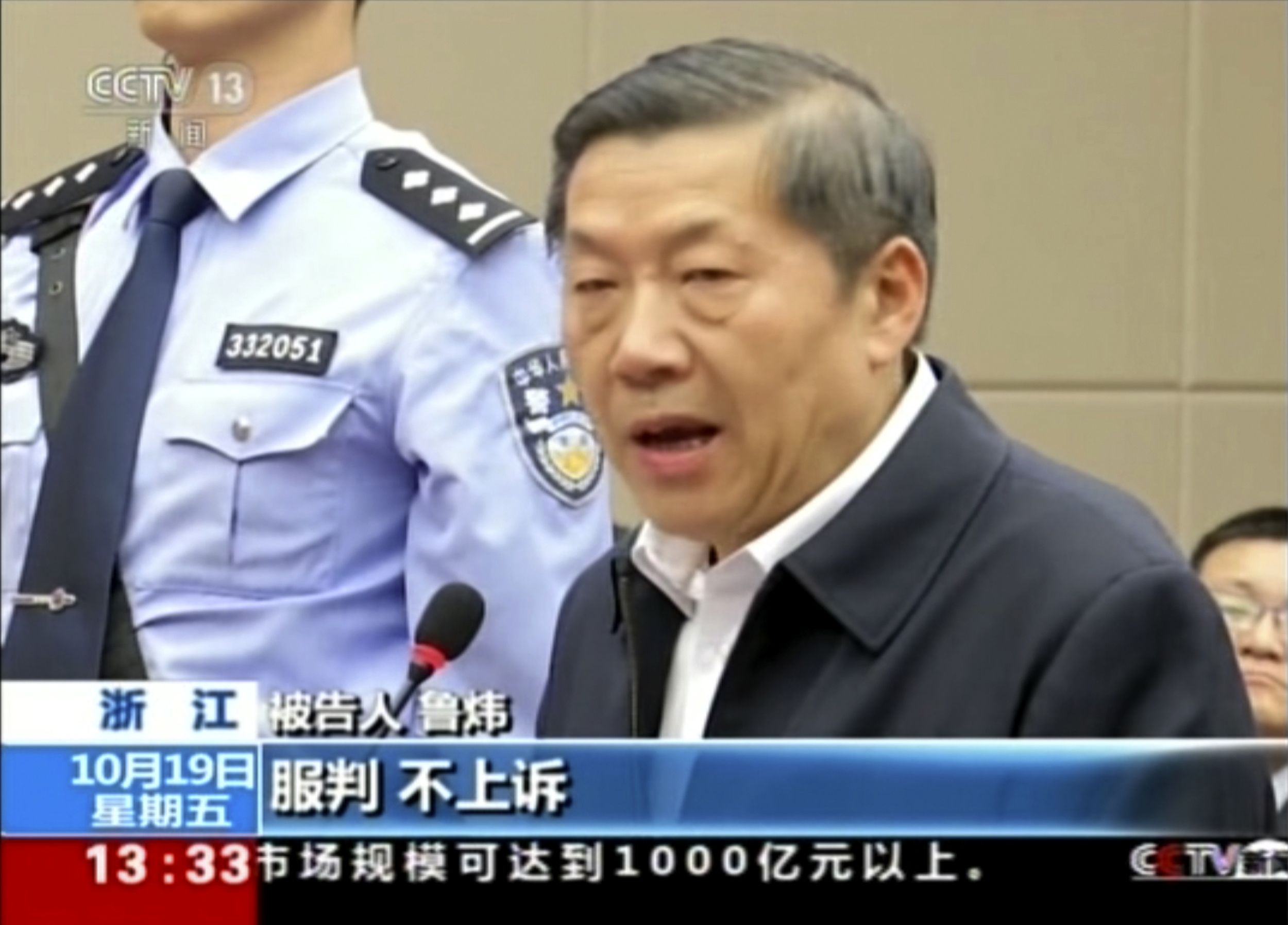China internet czar faces corruption trial
Share
National media has reported that China’s former net censor, who once held excessive-profile conferences with industry leaders, including Apple chief executive Tim Cook and Facebook founder Mark Zuckerberg, is a status trial on corruption allegations. According to kingdom broadcaster CCTV, Lu Wei is accused of accepting 32 million yuan ($A6.5 m) in bribes and has admitted to his crimes and expressed regret.
It stated his trial started on Friday in the jap town of Ningbo.

China has seven hundred million humans online. However, it closely censors content material, mainly that of a political nature, in conjunction with sites related to playing, drugs, and pornography.
Lu changed into answerable for the government’s efforts to tighten manipulation over home cyberspace and champion the party’s function that governments can properly filter and censor their nations’ Internet.
He took a difficult line in disturbing hard safety assessments on imported overseas tech products and preserving foreign net groups and social networks like Facebook to keep social stability. Lu labored his manner up the ranks of China’s reliable Xinhua News Agency, from a reporting job in the southern city of Guilin in the early 1990s to the employer’s vice chairman from 2004 to 2011.
He was vice mayor of Beijing from 2011 to 2013.
While CCTV’s file gave little information, preceding accusations against Lu stated he engaged in factionalism and “selectively enforced” the party’s “strategic preparations on the internetwork,” further to being corrupt and abusing his powers. Chinese President Xi Jinping has executed an extensive-ranging crackdown on corruption that observers say is calibrated to bring down political opponents.
Among the officers and navy leaders currently ensnared is Interpol, Meng Hongwei, who vanished after visiting China overdue remaining month from France, where the global anti-crime frame is based.
Days later, China stated Meng became under research for graft and, in all likelihood, different crimes, even though there were heavy suspicions he had fallen out of political prefer with Xi. His spouse, Grace Meng, stated she acquired a threatening smartphone name from a man who speakme Chinese and is under police protection in France.
China Internet Censorship within the Age of Globalization
China’s internet censorship has a first-rate impact on the political and financial industries, affecting Chinese society’s facts and conversion technologies. Moreover, monetary improvement, bureaucratic politics, civil and political liberties, global members of the family, and safety are tormented by China’s internet censorship. This also consists of the aspirations of Chinese policymakers for using the net to reach virtual bounce for monetary improvement. There have been many developments after setting China online. China has made big developments in the virtual world, including the nature of 1 Birthday Party Kingdom and the loss of visibility of the criminal structure in China. However, there has been an extensive digital divide inside China. In addition, there were many issues of bureaucracy in China’s internet censorship, which has caused a technological time lag, throwing China behind the superior business economies.
The China net censorship includes normative troubles consisting of the state’s capacity to preserve and manipulate the waft of records on the net. It also stifles political dissent and the impact of China on the formation of countrywide and nearby digital identities. It also affects the effect of data and communication technologies on worldwide protection. Today, professionals are exploring the methodological and theoretical problems arising from problems concerning the reliability of statistics and courting between technological and social alternatives.
Thus, Chinese censorship covers many areas, such as the social effect of the Internet and data and communication technologies, from academia to commercial enterprise and public policymaking. There is a big cultural and political net diversification for Chinese society. There is a speedy net increase that has been enthusiastically embraced by the Chinese government. Still, the authorities are making a large bounce ahead to seize management of the virtual international. China has witnessed many individual responses in the form of impassioned campaigns in opposition to China’s internet censorship with the aid of the authorities.

The question isn’t whether or not the Internet will democratize China. However, it specializes in how the Internet democratizes verbal exchange in China. It also affects the interaction between civil society and the Internet in China. An improved desire to nurture a modern-day social area for Chinese people and social businesses in China. It is ready to redefine social relations and propel existing civil forces into new opportunities. Today, the Chinese authorities explain its net censorship rules and assert that it promotes free communique simultaneously. It adheres to the set of laws and guidelines limiting the unfolding of records that carry contents subverting the country’s electricity.





